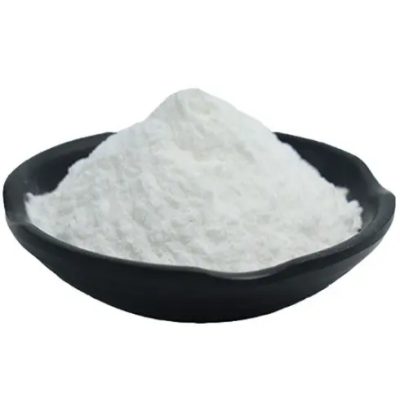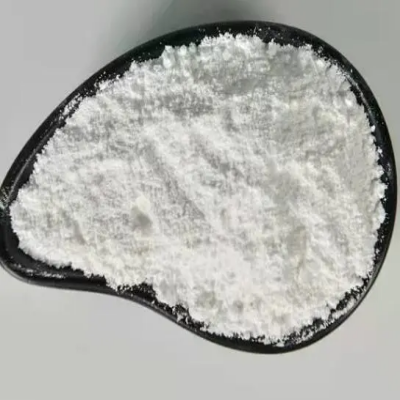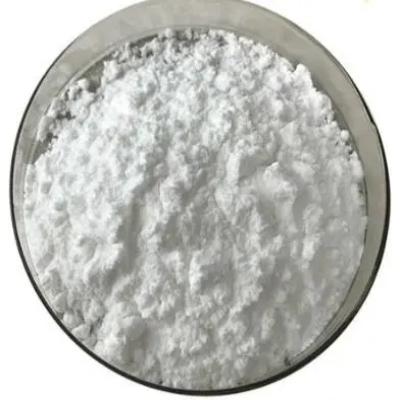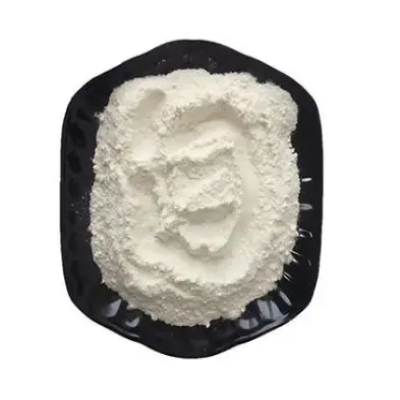Nicotinic acid CAS:59-67-6
Nicotinic acid, commonly referred to as niacin or vitamin B3, is a vital water-soluble vitamin with the chemical formula C₆H₅NO₂. It is part of the B-vitamin family and plays a critical role in numerous biochemical processes within the human body. One of its primary functions is serving as a precursor to the coenzymes nicotinamide adenine dinucleotide (NAD) and nicotinamide adenine dinucleotide phosphate (NADP), which are essential for cellular respiration and energy production. Nicotinic acid is naturally present in a variety of foods, including meats, fish, poultry, legumes, nuts, and whole grains. Adequate intake of this vitamin is crucial for maintaining overall health, as it supports enzymes involved in the metabolism of carbohydrates, fats, and proteins. A deficiency in nicotinic acid can lead to pellagra, a condition characterized by dermatitis, diarrhea, and dementia. In addition to its nutritional significance, nicotinic acid possesses several therapeutic properties. One of its most notable uses is in the management of cholesterol levels and cardiovascular health. Clinical studies have demonstrated that high doses of nicotinic acid can increase high-density lipoprotein (HDL) cholesterol while lowering low-density lipoprotein (LDL) cholesterol and triglycerides. This lipid-modifying effect makes nicotinic acid an important tool in treating dyslipidemia and reducing the risk of cardiovascular diseases. However, the use of nicotinic acid as a therapeutic agent is not without side effects. High doses may cause flushing, itching, and gastrointestinal discomfort. As such, healthcare providers often recommend gradual dose escalation and monitoring when prescribing nicotinic acid for therapeutic purposes. In summary, nicotinic acid is a multifunctional compound that plays an integral role in human metabolism and health. Its presence in various dietary sources underscores the importance of a balanced diet, while its therapeutic applications highlight its potential in pharmacology. Ongoing research continues to explore the full scope of nicotinic acid's effects on health and disease, establishing its relevance in both nutrition and medicine.



| Composition | C6H5NO2 |
| Assay | 99% |
| Appearance | white powder |
| CAS No. | 59-67-6 |
| Packing | Small and bulk |
| Shelf Life | 2 years |
| Storage | Store in cool and dry area |
| Certification | ISO. |









![(BICYCLO[2.2.1]HEPTA-2,5-DIENE)CHLORORHODIUM(I) DIMER CAS:12257-42-0](https://cdn.globalso.com/xindaobiotech/20KKQ1ROFEVXI9DUBYB150.png)